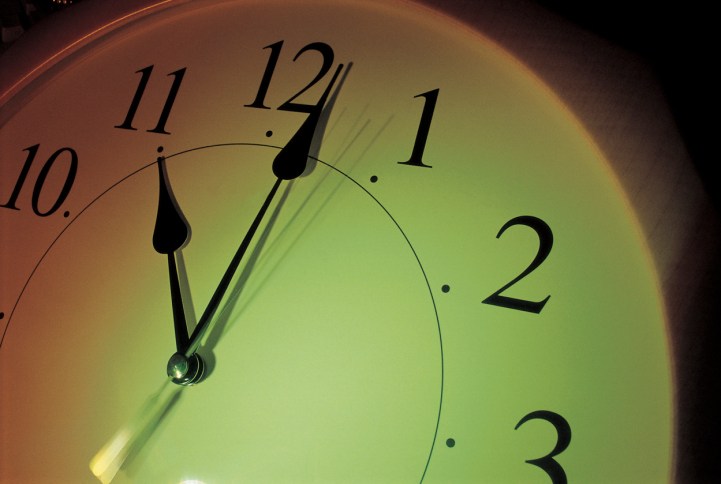
Are you a night owl who enjoys staying up late? If you are, enjoy it while you can but know that your belated bedtimes may be a detriment to your health in middle age. A new study finds that people with late bedtimes are more likely to develop diabetes and other health problems than early birds.
Moreover, the health risks stayed the same even for night owls who got the same amount of sleep as early risers, according to the study, published in the Journal of Clinical Endocrinology & Metabolism.
Many night owls don’t get enough sleep because they go to bed late but still need to wake up early in the morning, said the study’s senior author, Dr. Nan Hee Kim, an endocrinologist at Korea University Ansan Hospital. “These results support the importance of circadian rhythms in metabolic regulation,” says Kim.
MUST READ: J. Anthony Brown Tackles The New ‘Type 3’ Diabetes
The study included 1,620 people ages 47 to 59 years old. The participants answered questions about their sleep-wake cycles, sleep quality and lifestyle habits, such as how often they exercised. They also gave blood samples and underwent body scans that assessed their body’s fat and lean mass.
The researchers found that the evening people were more likely than the early risers to have poor sleep quality and unhealthy behaviors such as smoking, sedentary lifestyles and eating late at night. The night owls also tended to be younger, but were more likely to have high levels of body fat and triglycerides, or fats in their blood, than early risers. (Having high levels of fat is usually associated with older age.)
The people who stayed up late were also 1.7 times more likely to have type 2 diabetes and metabolic syndrome, which is a set of symptoms — including high blood pressure, high blood sugar levels, too much abdominal fat and abnormal cholesterol levels — that can occur together and increase a person’s risk of cardiovascular disease or diabetes.
A person’s biological clock is largely determined by genetics, age, sex and sleeping environment, but it can be modified by external or internal cues, such as light, exercise and eating behavior. To prevent long term adverse health affects night owls should consider earlier bedtimes and avoid exposure to lights late at night and take melatonin, a natural chemical that helps people sleep.
Nurse Alice Benj amin is a nationally board certified Cardiac Clinical Nurse at world-renowned Cedar-Sinai Medical Center in West Hollywood, California with more than 15 years of experience. She is an American Heart Association spokesperson and first African-American nurse elected to the American Nurses Association/California Board of Directors. Benjamin is also a freelance on-air health expert and writer. She has appeared on various national radio shows and TV shows including “Tom Joyner Morning Show”, “The Doctors” and HLN’s “News Now” and more. You can follow her on Twitter at @AskNurseAlice.
amin is a nationally board certified Cardiac Clinical Nurse at world-renowned Cedar-Sinai Medical Center in West Hollywood, California with more than 15 years of experience. She is an American Heart Association spokesperson and first African-American nurse elected to the American Nurses Association/California Board of Directors. Benjamin is also a freelance on-air health expert and writer. She has appeared on various national radio shows and TV shows including “Tom Joyner Morning Show”, “The Doctors” and HLN’s “News Now” and more. You can follow her on Twitter at @AskNurseAlice.








